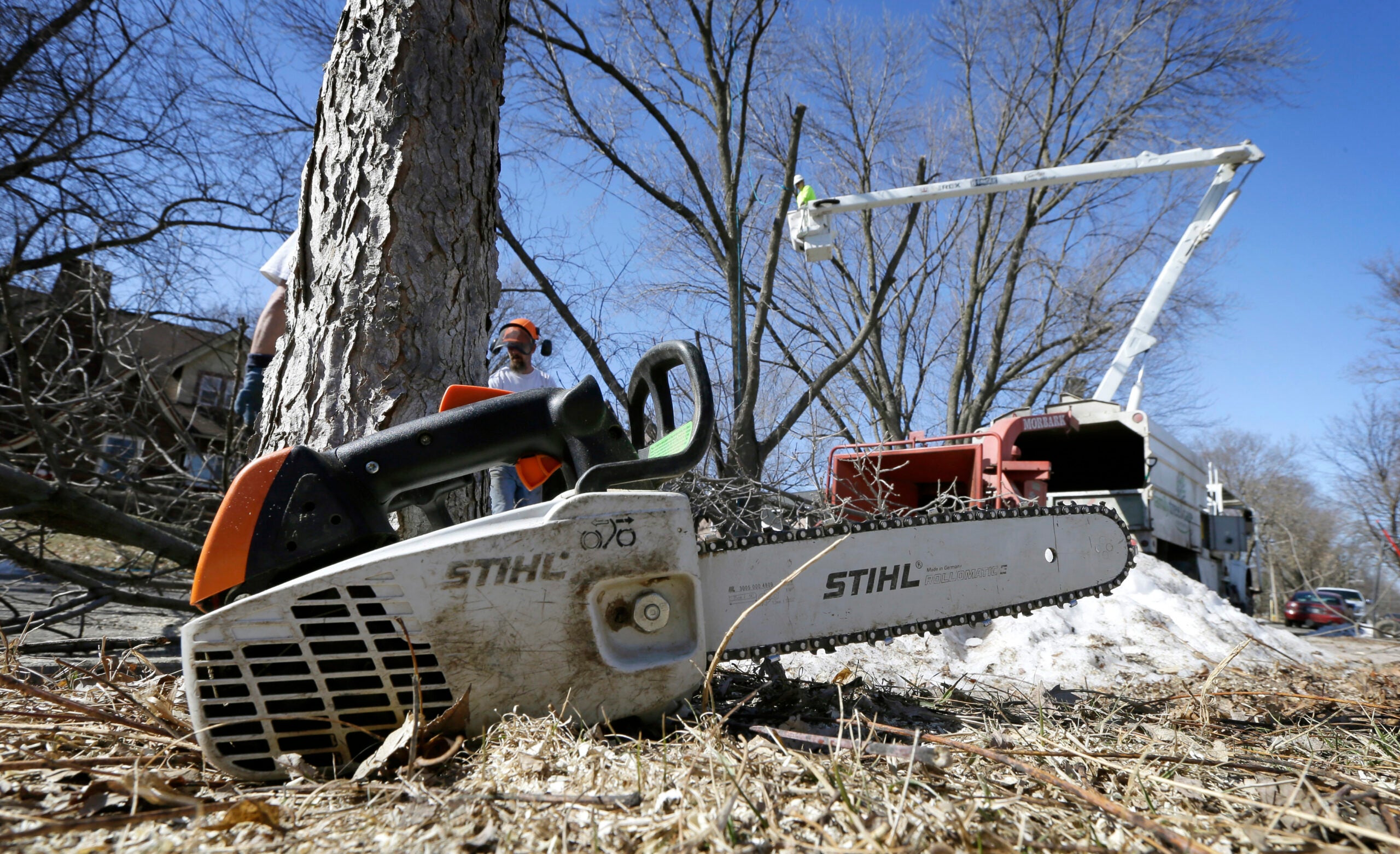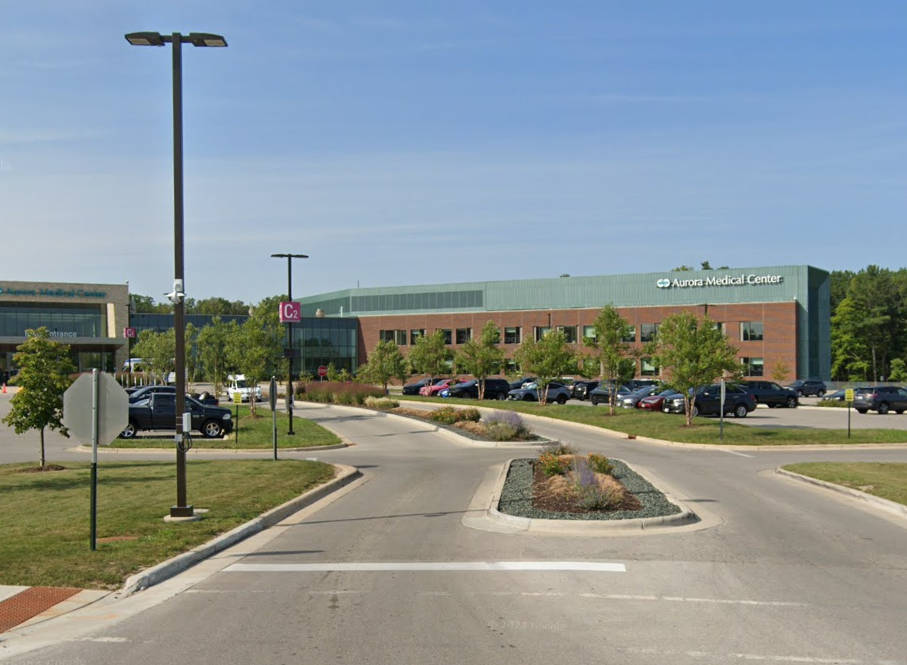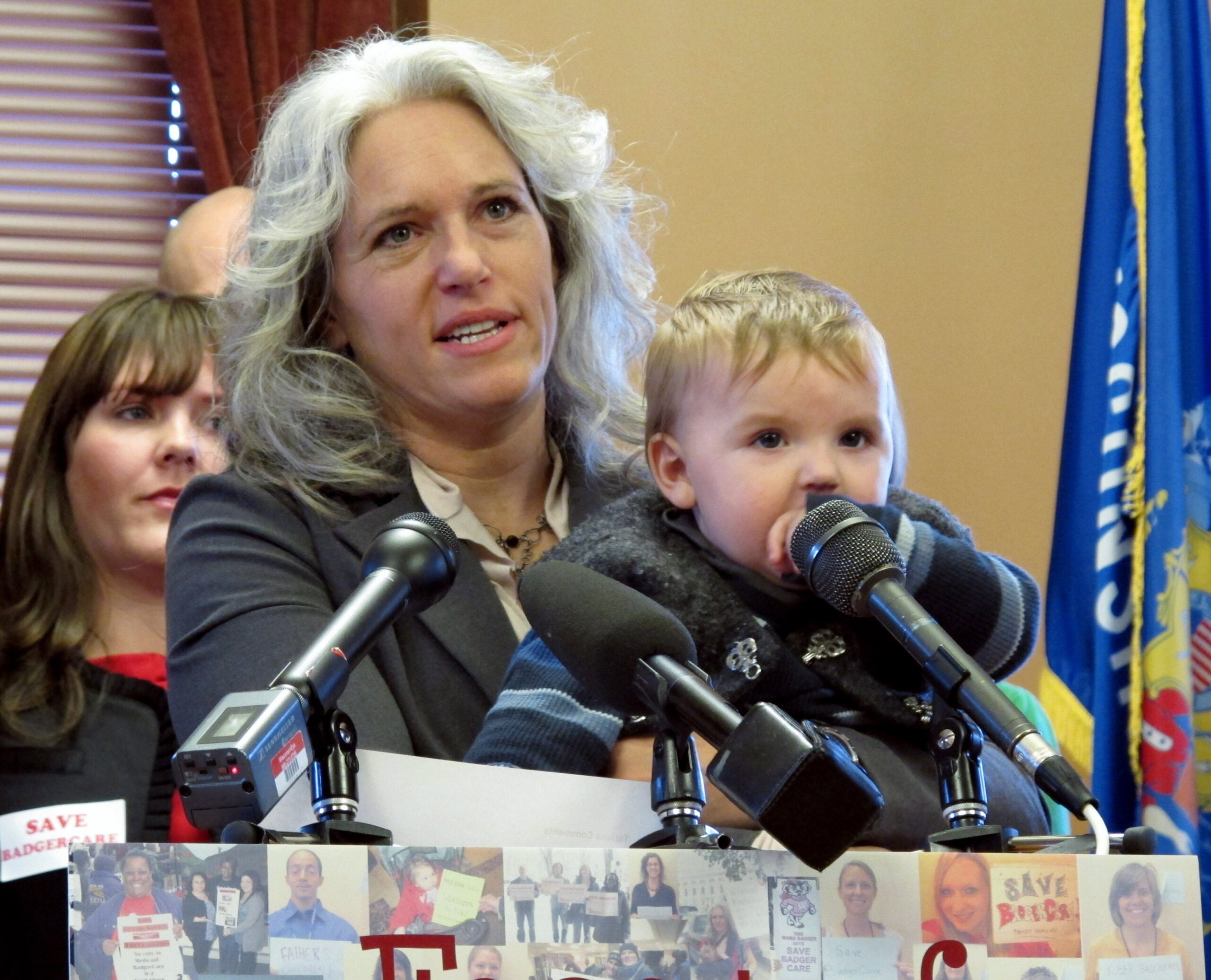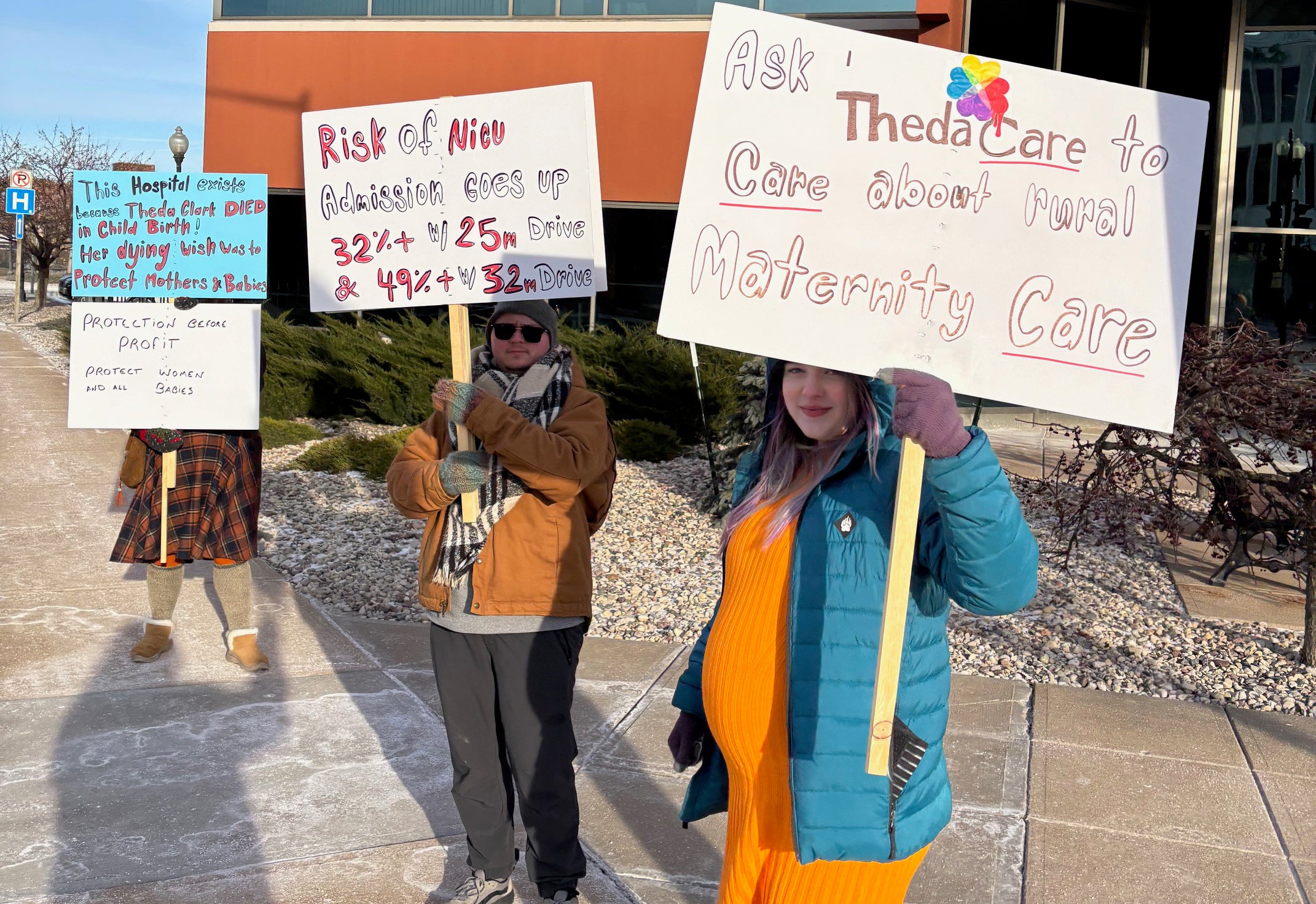From canceling prenatal classes to having to forgo visits from grandparents, the new coronavirus has changed how people are preparing for one of the most exciting and emotional times of their lives.
Natalie lives in Madison and is having her first baby in May. She didn’t want to give her last name because she’s job hunting.
She’s afraid of testing positive for COVID-19 at delivery and being separated from her baby. She’s also scared that Wisconsin’s COVID-19 peak will be at the end of April, and the hospital where she delivers will be at capacity, or her health care provider could be infected.
News with a little more humanity
WPR’s “Wisconsin Today” newsletter keeps you connected to the state you love without feeling overwhelmed. No paywall. No agenda. No corporate filter.
But the worst part for Natalie, is her parents live in California. And they won’t be able to visit their first grandchild. Her husband’s parents live in Madison, but they won’t be able to visit either, for at least a month.
“Everyone says when you have your first child it’s challenging but you have family support, and people making meals for you, but it seems that won’t be happening,” Natalie said, fighting back tears. “The greatest loss I feel is for my own mother. I know she feels so sad. And that makes me sad.”
WPR’s WHYsconsin has received numerous questions from expectant mothers about how COVID-19 will affect their pregnancies and the weeks following the births of their babies.
Because COVID-19 is so new, determining the risk to pregnant women or infants has been difficult.
Pregnant women are considered an “at risk population” for COVID-19 because they are more susceptible to viral respiratory infections, according to the CDC. However, the CDC says they still do not have information from “published scientific reports about susceptibility of pregnant women to COVID-19.”
Dr. Garrett Fitzgerald, assistant professor of Obstetrics & Gynecology at the Medical College of Wisconsin who also practices at Froedtert Hospital, said pregnant women having anxiety about being in the hospital is reasonable.
“We want to utilize our hospital resources for women who truly need it,” Fitzgerald said. “If for instance, if they are bleeding, or if their bag of water is broken, or if they are in labor, we certainly want to see them.”
Women visit the doctor monthly during pregnancy, and in the month leading up to delivery, see their doctor weekly. Fitzgerald said those visits are for patient education as well as evaluation.
During the new coronavirus pandemic, a lot of that education can be done by phone or through telemedicine, Fitzgerald said.
And these changes are happening across the state.
Group Health Cooperative of South-Central Wisconsin, based in Madison, recently sent letters to patients saying they were going to change the model of obstetric care in the clinics and at UnityPoint Health-Meriter Hospital.
Hospitals across Wisconsin are limiting visitors in the delivery room and maternity ward to one.
At Froedtert, partners are being asked to stay in the recovery room the entire time with the mother, instead of leaving the hospital during her stay. Doing so could put the mother, baby and hospital staff at risk of COVID-19, Fitzgerald said.
“It’s about social distancing, but we’re also trying to have a compassionate understanding that this is a very important time in a couples’ lives,” Fitzgerald said. “But what also is not to be forgotten, is this is an important part in history. We’ve actually had some partners who have had to miss the delivery of their child because of other health issues. We certainly don’t want to reduce the importance of the family unit being together, but we don’t want to put other people at risk.”
Danielle Bornbach lives in Athens and is pregnant with her fourth child. She and her husband have 5-year-old twins and a 2-year-old.
She said she should be happy, this is her first pregnancy without complications, but she’s terrified.
Bornbach and her husband both have what is considered “essential jobs,” so they are working with the public every day. She’s a mail carrier twice a week. Her husband is the manager of an auto parts store and works six days a week.
“If anyone is going to come into contact with (the new coronavirus) it’s him and he’s going to bring it home to all of us,” Bornbach said.
When her husband gets home, he sanitizes everything before coming into contact with Bornbach and their children.
“We’re kind of getting into a rhythm with it,” she said.
And even though Bornbach is home with her family, she feels isolated. Her brother and his wife had a baby on Monday, and she won’t get to see the newborn because they don’t want to risk anyone getting sick.
“We’re all communicating with our cell phones, of course, but I feel like this has really taken away a lot of excitement in all of our lives right now,” Bornbach said.
Wisconsin Public Radio, © Copyright 2026, Board of Regents of the University of Wisconsin System and Wisconsin Educational Communications Board.





